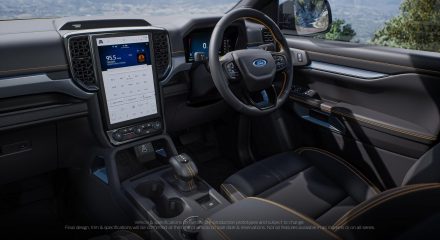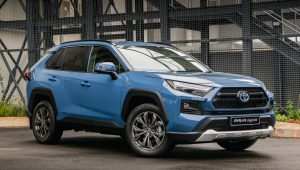Top tips when buying a car in 2013


Executive head of Sales and Marketing at WesBank, Chris De Kock shares a few helpful tips to keep in mind when buying a new or previously owned car.
Always buy from a respected dealership
This way you’ll always be assured of great service and helps to prevent you from buying a poor quality or defective car.
Fit for purpose. When buying a car it is important to consider the intended use for your new vehicle. It’s important to pay special mind to the average mileage you travel per month, fuel efficiency, weigh up the benefits of buying a petrol versus diesel fueled car, and the constantly increasing cost of fuel.
Affordability. Your calculations should not be based solely on the repayment of the installment. Potential buyers should factor fuel, maintenance and insurance in their budget before considering buying a new car.
New or Used? Used cars seem cheaper than some new cars but you need to consider that the cost of maintaining a used car will add up in the long run, whereas most new cars come with a maintenance or service plan. Depending on where you buy your pre-owned car, there is a possible option for a maintenance or service plan.
Interest rate. Typically when interest rates are low, customers choose to use a fixed interest rate, which sets the rate for the length of the contract. When interest rates are higher, most decide on linked interest rates – which means that the rate of interest being repaid on your car every month will be linked to the prime rate, in hopes that the prime interest rate would move down over the duration of the contract, which in turn reduces the monthly repayment. Carefully consider these two options because once you have made your choice and the contract has been signed, your choice is set for the remainder of your contract.
Repayment period. Deciding on the correct payment period for you is important. A longer payment period reduces the installment per month, which seems great, but it accumulates more interest. The longer the period over which the car is financed, the longer it takes for the settlement value to break-even with the asset value because of depreciation. Basically this means that it will take longer before you are able to trade in your car.
Deposit. There are many benefits to paying a deposit. Your monthly installment is smaller, and allows you to finance your car over a shorter period, which means you get to trade the car in sooner.
Balloon payment or not? Balloon payments allow you to reduced monthly installments, but results in the break-even point to be extended significantly. Customers often forget about the balloon payment at the end of their contracts.
Value-added products. There are plenty of value-added insurance products relating to the car, as well as to yourself to choose from. These range from service or maintenance plans, tyre insurance and dents & scratch protection. Another option is shortfall cover which protects you in instances where your insurance does not cover you claim in full. Other personal insurance products such as life, disability and unemployment cover are also available to you. Discuss these options with your Finance and Insurance specialist to make the most informed decisions.
Research. In today’s economy buying a car needs to be practical and thoroughly researched. Make use of The Financial and Insurance specialist at the dealership, who is there to assist you in making an informed decision. It’s important to remember that if you are applying for finance you need to bring the correct documents according to the requirements of the Financial Intelligence Centre Act (FICA).







